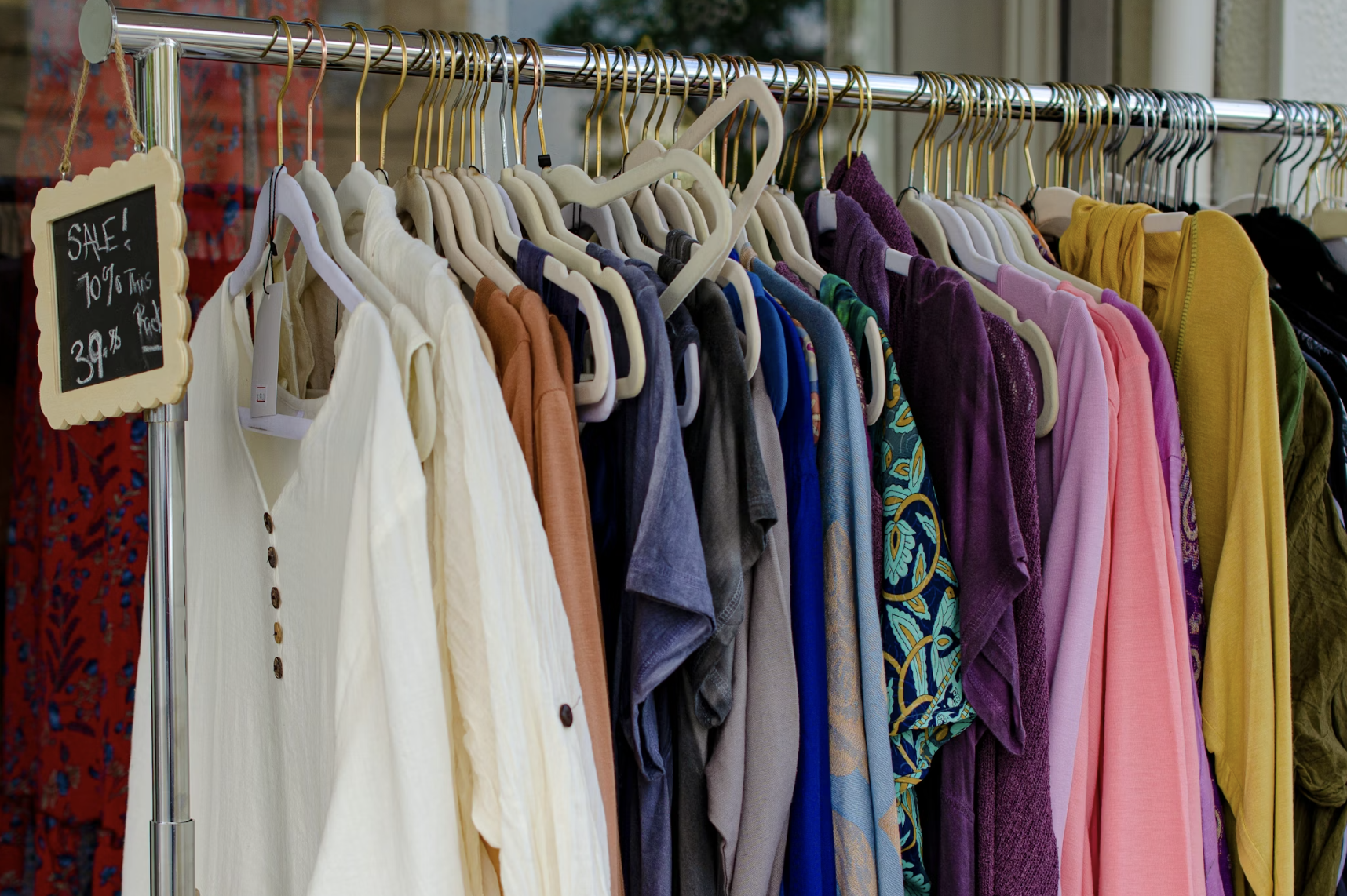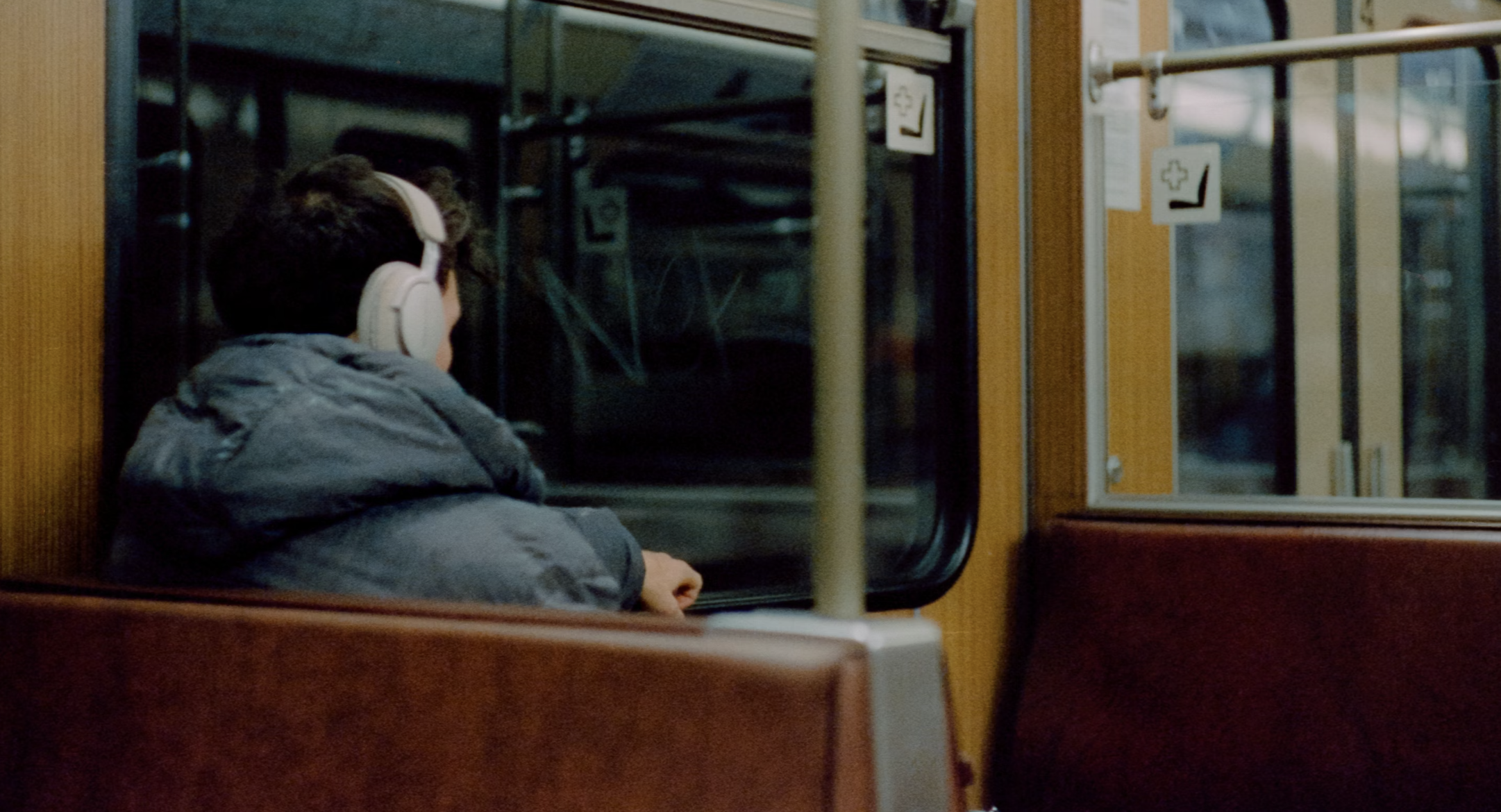The Climate Impact of Flower Bouquets, and More Sustainable Options

Join the community





When we think of flowers, we often associate them with kindness, empathy, or affection. We rarely consider the possibility that they can be damaging to the planet. But the reality is somewhat different.
The commercial flower industry employs harmful environmental practices to produce these botanical gifts that we share with our loved ones.
Why the flower industry is not sustainable?
Every day, Americans purchase approximately 10 million cut flowers. These flowers are mostly imported from countries in Africa, South America, and the Netherlands, where underpaid workers harvest them under inhumane conditions.
Most farms in the flower industry grow these flowers on industrial farms using pesticides, fertilizers, and energy-intensive greenhouses. These chemicals enter the water system and pose a danger to the agricultural farmers who grow them.
Refrigerated jets then import these fragile, highly perishable flowers, which are then transported locally in refrigerated trucks. Florists or big-box stores keep these flowers fresh by storing them in actual refrigerators. All of this leads to more carbon emissions.
Also, these flowers are packed in plastic or cellophane sleeves to keep them together. As these sleeves are light and flimsy, they often end up in landfills or oceans, contributing to microplastic pollution.
If you are encountering this information for the first time, you might wonder: why can’t I enjoy a bouquet of vibrant flowers without considering the impact on the planet?
Fortunately, there are many ways to show empathy or affection without implying that you don't care about the planet.
How do you choose more sustainable flowers?
If you love getting fresh flowers, there are sustainable ways to do it. You can buy locally grown flowers from seasonal flower farmers instead of grabbing a plastic-wrapped bouquet from the grocery store.
Many local farmers use regenerative and organic growing practices and avoid using pesticides or insecticides.
You can ask these farmers questions about their growing practices, and most of them would be happy to walk you through their flower fields or greenhouses.
You can support sustainable flowers through gift cards, retail sales at farmers' markets, or subscribing to community-supported agriculture (CSA), where customers provide the flower farmers with a reliable source of income, and the farmer provides a steady supply of fresh, in-season flowers.
Debra Prinzing started Slow Flowers, which maintains a directory of hundreds of local flower farmers and florists participating in the "farm to vase" effort.
When it comes to sustainable packaging, consider buying from florists that offer minimal packaging like twine or plastic-free options such as recycled paper or reusable glass vases.






.png)




